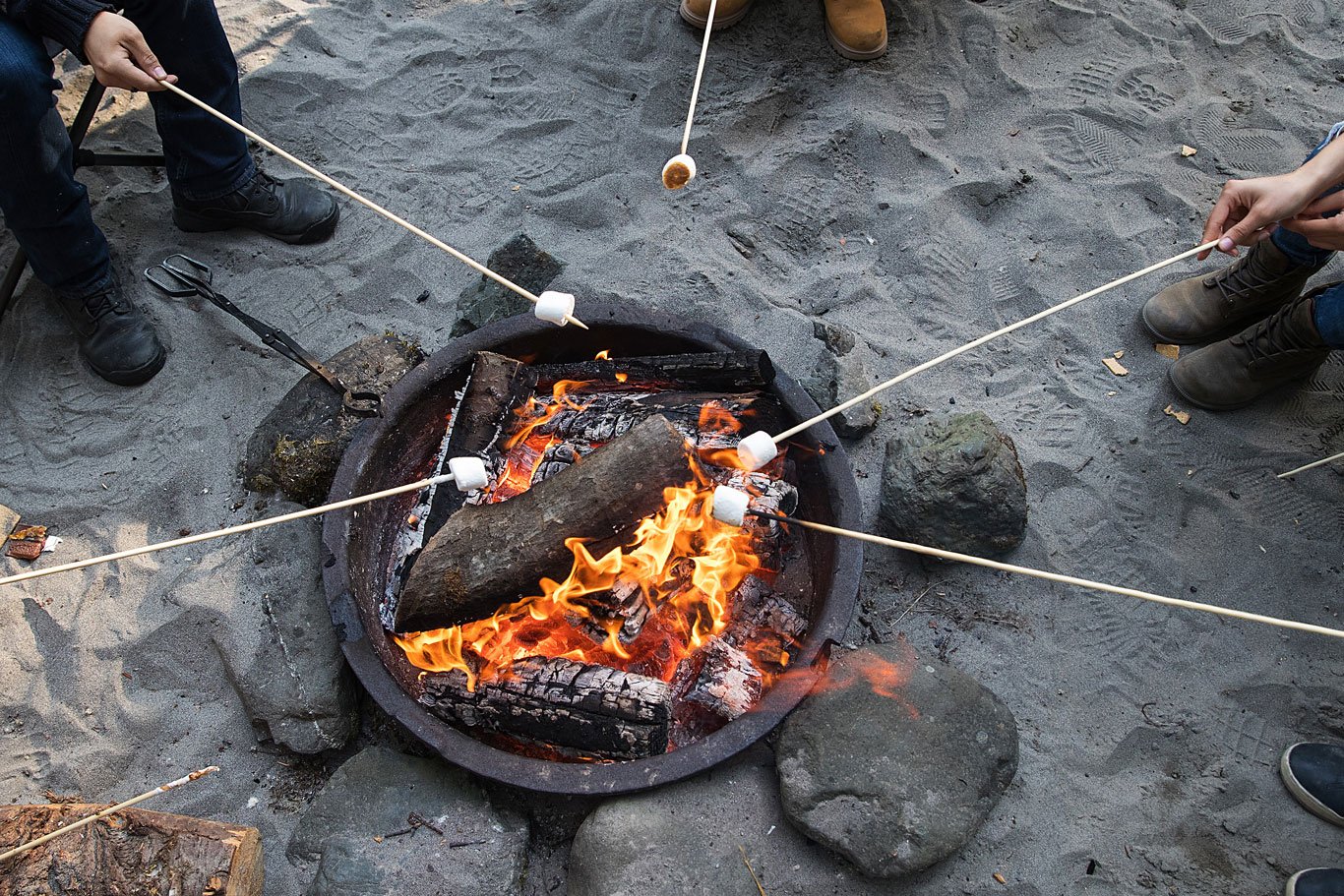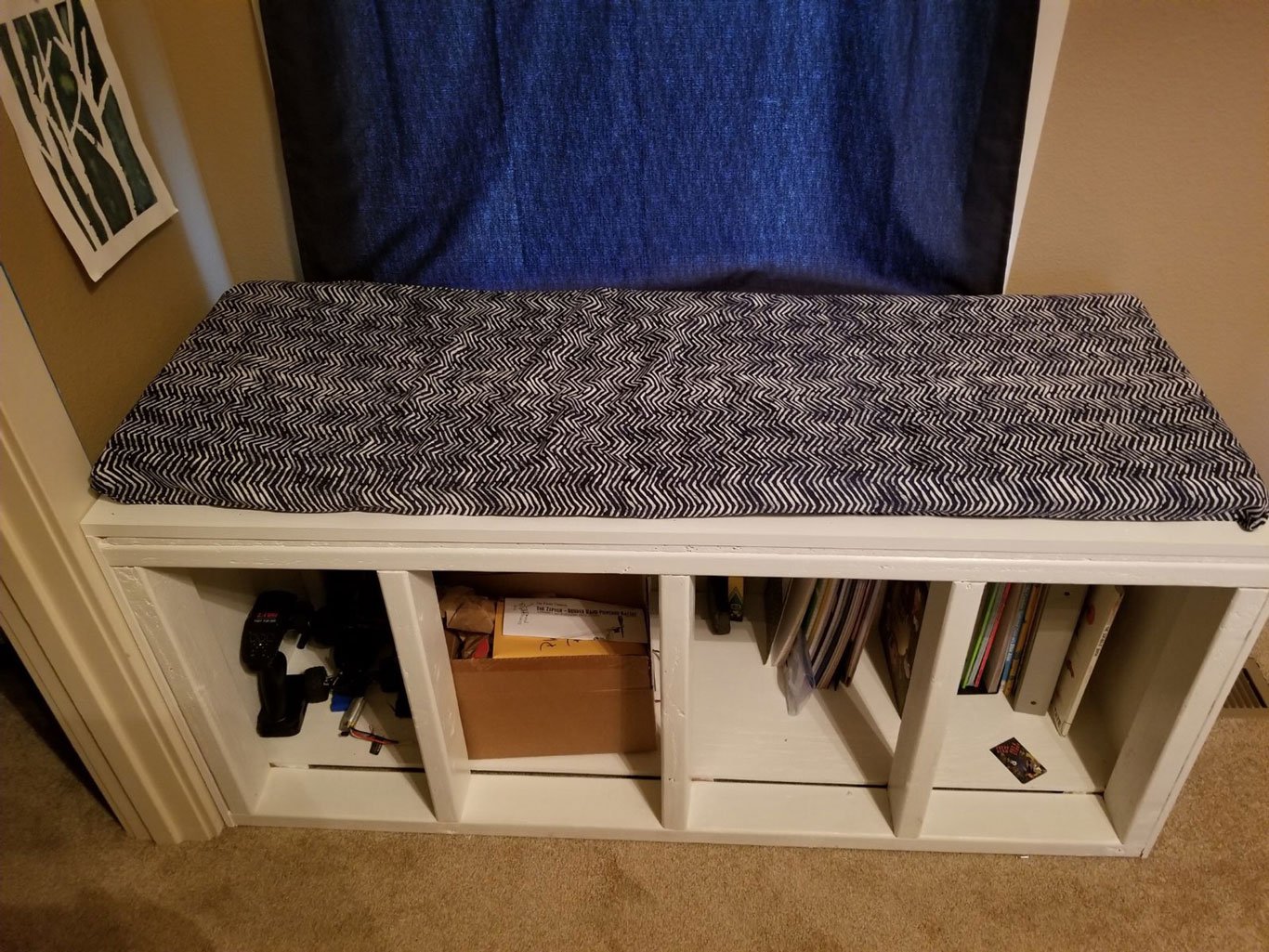What do you do in the summertime? After the last few months of doing virtual/online schooling, your answer might be, “anything but schoolwork!” and I would wholeheartedly agree! But, there’s a lot of real-world learning that can happen in the summer — natural conversations to spur kids’ curiosity — with activities that you’re already planning!
Swimming
Playing in water is such a great way to wear kids out and keep them active. Beyond lounging by the pool and engaging in a rousing round of Marco Polo, there are other great ways to keep kids busy.
- Sink or Float (Buoyancy): Make predictions with your kids as to whether objects will sink or float. This is big hit with the younger (age 7 and under) crowd. It blows their mind that an orange will float even though it’s heavy like a baseball. Wanna totally mix things up? Peel the orange and then see what happens! You can talk with kids about why some things float and others don’t. In case you need a refresher course yourself, check out this video. If you’re without pool access — fill up the tub and let them play!
- Chemical Balance: Get older learners involved in the maintenance of the pool (assuming it’s your pool — probably wouldn’t work as well with a stranger’s pool . . .). Teach them about pH balance and keeping the water neutral — not too much acid or base at any time. You can also do this with a fish tank or you can conduct a simple experiment identifying acids and bases with red cabbage.
Cooking
Growing up, we each took turns cooking a meal every week. While I’m sure this led to a lot of messes in the kitchen (sorry, Mom) and less-than-tasty meals, it gave us all the confidence to plan and cook on our own. Plus, we learned a LOT about failure – and sometimes you have to eat your mistakes!
- Real-World Learning: Cooking is an AWESOME way to integrate some real-world math. All those measurements have to be followed, directions need to be carefully read, and common sense used. Plus, cooking is a skill that you kind of need in life! Find ways in which baking can be beneficial to children’s STEM education and (in our opinion) the best muffin recipe here.

- Food Experiment: What happens if you leave out baking soda? What do you do if you don’t have an egg? Can you substitute it? Pick a favorite recipe, reduce it by half or one-fourth (more math!), and then experiment away! Learn about the power of acids and bases in taste — there are lots of great ways. Check out the science and history of the classic chocolate chip cookie!
My sister, (IG: wholefoodfor7), is a mom of FIVE (yup, FIVE) boys. She started cooking with them at a young age and now is reaping the benefits as they regularly make HER lunch! She’s posted some great ideas to get kids of all ages involved in the kitchen.
Camping/Hiking
My summers are full of spending time in the great outdoors. Out here in Utah, where I live, we only have a few months where the weather is fit to camp and adventure, so I take advantage of the season. (OK, you can camp here year-round, but I draw a line when it comes to sleeping in snow.) I love learning from nature. When I was a teacher, I loved to take my inner-city kiddos to the mountains. The first time they stepped outside the bus in the mountains, one kid sniffed the air and said, “It smells so . . . clean!” Yes, it does!
- I wonder . . . : I love to hike and wonder. “I wonder why that mountain has a layer of rock in the middle that’s a different color?” “I wonder why the vegetation is so thick on one side of the mountain and not the other?” “I wonder why all this grass is flattened down?” I don’t always have the answers, but it leads to some hypothesizing and sometimes a little Internet research. It’s a great way to get kids curious and wondering themselves!
- Fire!: With older kids, you can also talk about how to make and maintain a (safe) campfire. I’ve learned the hard way MANY times that if the fire doesn’t have oxygen flowing from underneath, it’s not going to burn for long. Or, if you place a BIG log on top of a small fire, you’ve just put it out. Again, a life skill that kids should learn — whether it be for their future camping trips or understanding how to prevent and extinguish fires!

- S’mores: While we’re talking about fires — how do you create the PERFECT s’more? There’s some great experimentation with that. What does the ratio need to be? Where’s the best place to cook the marshmallow in the fire? How do you get the chocolate to melt? I mean, if you can make the perfect s’more, you’ll be pretty dang popular.
- Become a naturalist: Of course, being out in nature also means you can study nature. Learn the local flora and fauna (plants and animals), go for a scavenger hunt searching for these, discuss ways to protect the natural areas, and practice “no trace left behind” tactics.
Build “Stuff”
Now is a great time for those DIY projects! And even better when including the kids! By nature, we, as humans, like to create “stuff.” So whether it’s building a pool table or planting a garden — include the kiddos.
- Measure twice, cut once: When building things, have kids measure (with precision), learn how to select lumber from the store (don’t get the ones that are bowed), and learn how to use basic tools (appropriate for their age, of course). A few weeks ago, Abram Frankenbery (our VP, Matt Frankenbery’s son) decided to build a reading bench for his little brother. This 14-year-old had some previous experience building things in school and wanted to try it out on his own. So, with some adult supervision, he went to town and completed his amazing project! Give kids a chance to build — whether it’s from recycled materials or working with power tools, let their imagination soar.

- Gardening: It’s also great for kids to learn the fundamentals of gardening. Whether it be a garden box on your patio or a field full of veggies or maybe just a flower in the windowsill, helping kids understand how things grow can be powerful — and tasty! Plus, when they grow it themselves, they might be more inclined to try those veggies! Show kids how to properly plant seeds, why plants need fertilizer, how to add appropriate water, and when to harvest. Dig into ways you can start creating your own garden!
Of course, if you’re a newbie yourself, just jump in! A lot of communities have Facebook or social media groups that can offer gardening tips. These are great resources to find some help! Or, hit up your local nursery — workers there can help you get started with some plants that will yield success.
- Bee aware: Honey bee lessons for the classroom
- How do bicycles work? The science behind this ‘simple’ machine
- Fairway to learning: Bringing the golf game home
- Inside Pitsco: National Hobby Month
- National Bird Feeder Month: Hands-on learning and fun flock together
- Wearable tech: Code Cube™ is here!
Most of all — show them how to have fun while learning. Creating lifelong learners has many long-term benefits.

TOPICS: BEYOND THE CLASSROOM, IDEAS & INSPIRATION, Teacher Resources, STEM, Authentic Learning, Activities, Hands-on Learning, STEAM



